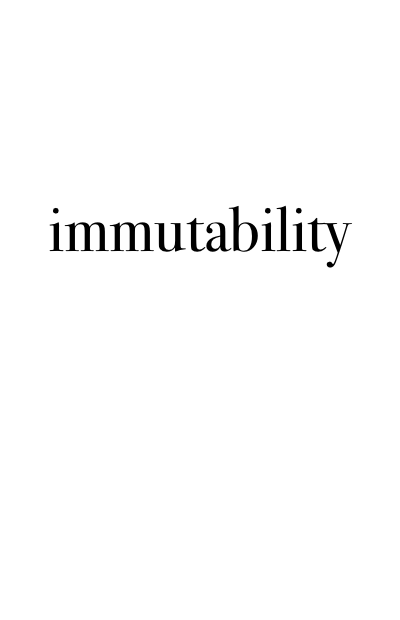Lists
Introduction to Scala

David Venturi
Curriculum Manager, DataCamp
Collections
- Mutable collections: can be updated or extended in place
Array: mutable sequence of objects with the same type
- Immutable collections: never change
List: immutable sequence of objects with the same type
Lists have a type parameter
Array
scala> val players = Array("Alex", "Chen", "Marta")
players: Array[String] = Array(Alex, Chen, Marta)
List
scala> val players = List("Alex", "Chen", "Marta")
players: List[String] = List(Alex, Chen, Marta)
How Lists are useful while immutable
Listhas methods, like all of Scala collections- Method: a function that belongs to an object
There are many
ListmethodsmyList.drop()myList.mkString(", ")myList.lengthmyList.reverse
1 http://bit.ly/scala_list_documentation
How Lists are useful while immutable
scala> val players = List("Alex", "Chen", "Marta")
players: List[String] = List(Alex, Chen, Marta)
scala> val newPlayers = "Sindhu" :: players
newPlayers: List[String] = List(Sindhu, Alex, Chen, Marta)
How Lists are useful while immutable
scala> var players = List("Alex", "Chen", "Marta")
players: List[String] = List(Alex, Chen, Marta)
scala> players = "Sindhu" :: players
players: List[String] = List(Sindhu, Alex, Chen, Marta)
cons (::)
- Prepends a new element to the beginning of an existing
Listand returns the resultingList
scala> val players = List("Alex", "Chen", "Marta")
players: List[String] = List(Alex, Chen, Marta)
scala> val newPlayers = "Sindhu" :: players
newPlayers: List[String] = List(Sindhu, Alex, Chen, Marta)
- An append operation exists, but its rarely used
1 http://bit.ly/append_list_inefficient
Nil
Nilis an empty list
scala> Nil
res0: scala.collection.immutable.Nil.type = List()
Nil
- A common way to initialize new lists combines
Niland::
scala> val players = "Alex" :: "Chen" :: "Marta" :: Nil
players: List[String] = List(Alex, Chen, Marta)
scala> val playersError = "Alex" :: "Chen" :: "Marta"
<console>:11: error: value :: is not a member of String
val playersError = "Alex" :: "Chen" :: "Marta"
Concatenating Lists
:::for concatenation
val playersA = List("Sindhu", "Alex") val playersB = List("Chen", "Marta")val allPlayers = playersA ::: playersBprintln(playersA + " and " + playersB + " were not mutated,") println("which means " + allPlayers + " is a new List.")
List(Sindhu, Alex) and List(Chen, Marta) were not mutated,which means List(Sindhu, Alex, Chen, Marta) is a new List.
Scala nudges us towards immutability


Pros and cons of immutability
Pros
- Your data won't be changed inadvertently
- Your code is easier to reason about
- You have to write fewer tests
Cons
- More memory required due to data copying
Let's practice!
Introduction to Scala

